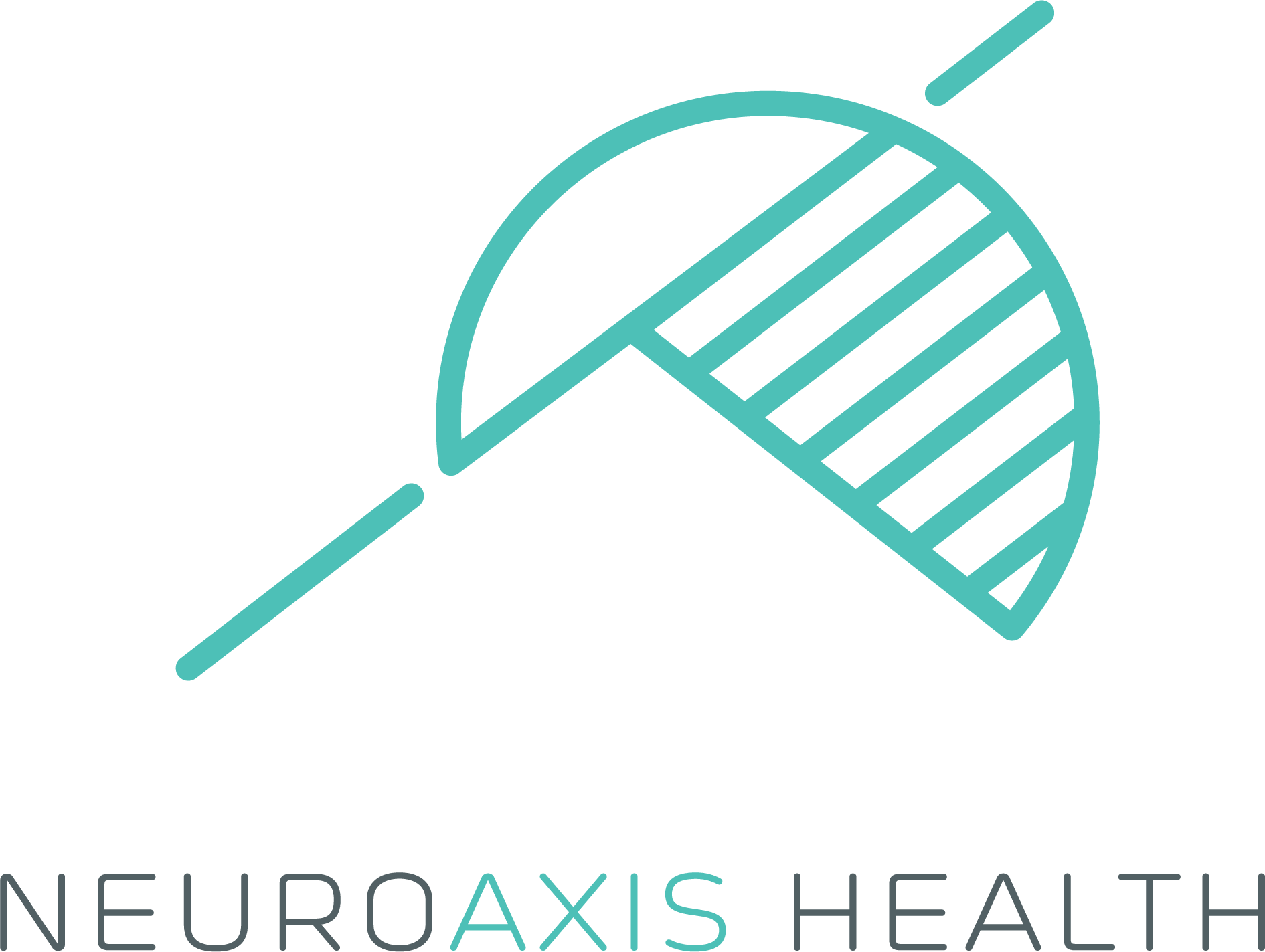Sports Concussion: The signs, symptoms and risks
Head injuries are serious and should never been taken lightly. If you or a loved one have suffered a hard hit to the head or a whiplash event--it is always safest to assume a concussion has occurred and to be evaluated by a qualified healthcare practitioner or by the nearest emergency room.
It is a common misunderstanding that a concussion can only be caused from a direct hit to the head. When, in fact, they can occur with any whiplash event or physical impact that causes the brain to jostle inside the skull.
The video included here by the #Concussion Legacy Foundation will review some common myths about concussion, the signs and symptoms, and the behavioral and cognitive impact that these injuries can have upon a person's life. And the real risk when athletes fail to report their concussions.
The Center for Disease Control reports an estimated 3.8 million concussions occur each year. Unfortunately, 20-30% of these people continue to experience persistent symptoms that significantly affect their ability to live a full and active life. Diagnostic testing such as x-rays, CT scans and MRI are used during the acute assessment of traumatic brain injuries in order to screen for structural damage or bleeding. However, when it comes to concussion and mild traumatic brain injury, these tests are often normal, but in no way does this mean one has not suffered brain damage. There are a few imaging and laboratory techniques that are able to identify the more subtle structural damage to the neuronal axons (in diffuse axonal injury), neuro-chemical changes and abnormal proteins which result from mild traumatic brain injury. Unfortunately, these tests are expensive, are mostly used for research purposes and currently do not lead to more specific treatment. However, there are diagnostic tests that can be used to objectively evaluate the function of the brain's sensory-motor processing, visual tracking strategies, balance and postural reflexes, mental processing speeds and executive skills. These tests can help identify where individual symptoms are originating from and be used to develop personalized rehabilitation strategies that are specific for one's brain.
Let's look after each other in our community and offer support or resources when someone mentions their child, friend or loved has suffered a concussion. To learn more about the latest advances in personalized brain rehabilitation click here.
Dr. Chung is a board-certified chiropractic neurologist and fellow of the American College of Functional Neurology. He is an expert in physical and neurological rehabilitation and has helped numerous patients recover from sport and spine injuries, migraines, dizziness, vertigo, concussion and complex conditions. Follow Dr. Chung on Twitter and join him on Google+
